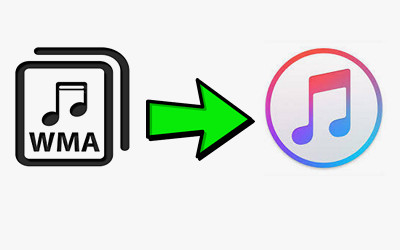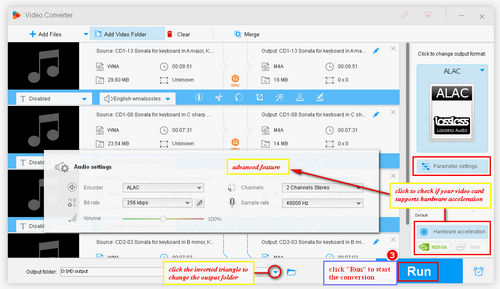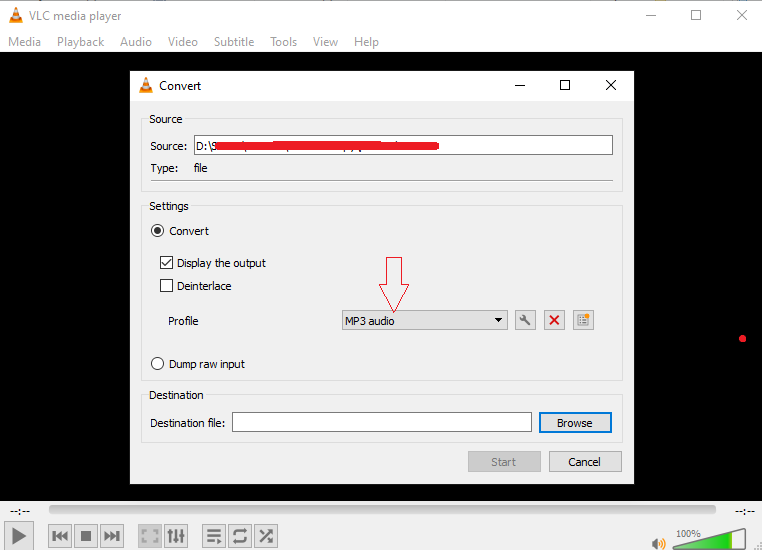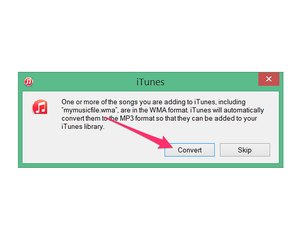- Import Wma Files Into Itunes
- Convert Wma File To Itunes
- Convert Wma Files To Mp3 Using Itunes
- Convert Wma Files To Itunes
'My laptop HDD recently failed, so I replaced it with an iMac. Fortunately, my iTunes library was on an external HDD, so I have copied it across to the iMac. However, the songs that I have purchased from iTunes do not seem to be available. They have copied across, but are 'greyed out'. I have authorised my new computer to play purchases. Is there anything else I am forgetting?'
Let the file convert WMA files to MP3 or other iPhone supported formats you've selected. Download your mp3 file right afterwards. After converting, you could then transfer the converted WMA files to iPhone via iTunes or other iOS data transfer apps, which we will mention below. The recorded files will display on the software’s interface, select it and press “Add to iTunes” option. Another window will pop up. For transferring more YouTube music to iTunes, you can click “Add” to load other files. Click “Start” button, the files will be transferred to iTunes.
It is relatively painless to switch over from Windows to Mac as Mac has support for a lot of commonly used files like Microsoft Word documents, Powerpoint slideshows and Adobe PDF files. So, compatibility is hardly an issue. What you do have to take note of however while switching over to Mac are your iTunes library and WMAs. Note: This tutorial was written under the assumption that you are running the latest version of iTunes ( iTunes 8 ) on both your Windows and Mac
iTunes for Windows is built with Windows Media Audio (WMA) support - it is able to play and convert WMAs. However, because WMA is a proprietary codec, it isn't available in iTunes for Mac. If you're not careful, you'll be left with a lot of WMAs which will be unplayable on your Mac.
The easiest way to dodge this problem is to convert all the WMAs you have while you're still on your Windows machine. In your iTunes General preferences, under 'Import settings', make sure to have AAC or MP3 selected. Configure the bit rate if you like but because you will be converting from one lossy codec to another, there's bound to be a profound loss in quality.

One method of dealing with the WMAs is to get an audio converter. Make a simple Google search and you will get a lot of converters that can convert WMA to MP3. However, those that can convert WMA to MP3 are rather limited. The one that attracts my attention is TuneClone Audio Converter (fow Windows only), which isn't free but very well worth a shot if you have lots of WMAs ready to be switched to Mac. TuneClone Audio Converter is capable of converting WMA to iTunes (both Windows and Mac) compatible MP3 format by installing a virtual CD burner. Read the guide here...
Apart from that, TuneClone Audio Converter can also be used to convert iTunes M4P (protected AAC) to MP3 for non-Apple MP3 devices. Read the guide here...


After getting the WMAs converted to MP3, add to your iTunes library the MP3 files, which will be transferred to Mac along with all the music in iTunes library.

Import Wma Files Into Itunes
In Windows, open iTunes. Consolidate your library from the 'File -> Library' menu.
This will move all the music files into the iTunes Music folder and sort them by artist and album.
Navigate to your My Music folder. It's typically found at C:Documents and Settings~username~My DocumentsMy Music.
Convert Wma File To Itunes
Copy the iTunes folder to the Desktop of your new Mac. Depending on the size of your library and the method of transfer, this could take a while.
Convert Wma Files To Mp3 Using Itunes

It you are running iTunes on your Mac for the first time, you'll be prompted with the initial welcome setup procedure. When it asks to search your drive for music files, make sure to decline. At the end, you'll be presented with a fresh, empty iTunes library. Now, quit iTunes. By default, it would have already set up its own iTunes Music folder located in ~/Music. Go over to this location and delete the iTunes folder then copy and paste your iTunes Music folder from the desktop into it (the one which you have just brought over from your Windows computer). After all this is done, launch iTunes and you'll be rewarded with your old, personalized iTunes library.
Convert Wma Files To Itunes
